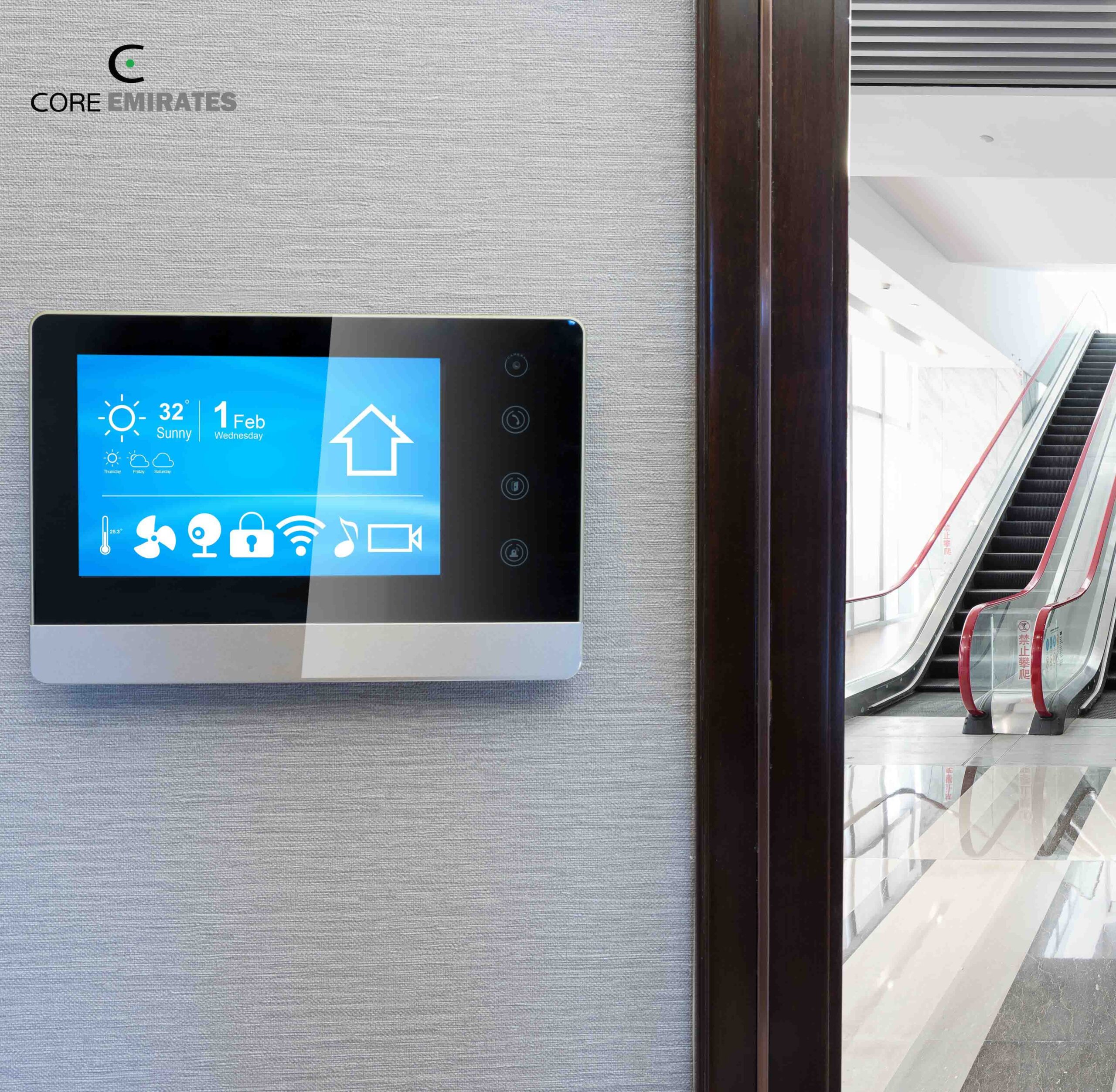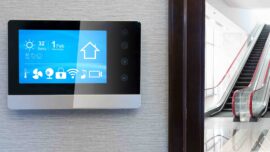
Top 5 Energy Efficiency Measures for Commercial Buildings
In the Gulf Cooperation Council (GCC) region, where extreme temperatures and high humidity levels are the norm, energy efficiency in commercial buildings is not just a cost-saving measure; it is essential for maintaining operational viability. After conducting an energy audit, building owners can identify numerous opportunities to reduce energy consumption. Here are the top five energy efficiency measures that are particularly relevant to the GCC climate.
1. Optimizing HVAC Systems
Given the GCC’s hot climate, HVAC (Heating, Ventilation, and Air Conditioning) systems are the largest consumers of energy in commercial buildings. Optimizing these systems can lead to significant energy savings, consider:
- Regular Maintenance and Tuning: Ensuring that HVAC systems are regularly maintained and tuned can improve efficiency by 20-30%. This includes cleaning coils, changing filters, and checking refrigerant levels.
- Upgrading to Energy-Efficient Models: Replacing older HVAC units with high-efficiency models can reduce energy consumption by up to 40%. Variable refrigerant flow (VRF) systems, which adjust the refrigerant flow to match the building’s cooling load, are particularly effective in the GCC climate.
- Smart Thermostats: Implementing smart thermostats allows for better control over indoor temperatures, ensuring that cooling is only provided when and where it is needed. This can lead to energy savings of up to 15%.
2. Improving Building Insulation
Insulation is crucial in the GCC, where keeping the heat out is as important as keeping cool air in. Poor insulation leads to excessive use of HVAC systems, driving up energy consumption.
- Roof and Wall Insulation: Given that roofs absorb a significant amount of heat, improving roof insulation can reduce the cooling load by up to 25%. Additionally, insulating exterior walls helps maintain indoor temperatures, further reducing the need for air conditioning.
- High-Performance Windows: Installing double-glazed, low-emissivity (low-E) windows can drastically reduce heat gain, improving overall energy efficiency. This measure can lower cooling costs by up to 20%.
3. Implementing Building Automation Systems (BAS)
Building Automation Systems (BAS) are integral to managing and optimizing energy use in commercial buildings. A BAS can monitor, control, and automate various building systems, leading to significant energy savings.
- Centralized Control: A BAS provides centralized control over HVAC, lighting, and other energy-consuming systems. It allows for the scheduling of operations, ensuring that systems are running only when necessary.
- Energy Monitoring: BAS can continuously monitor energy usage, providing insights that can lead to further optimizations. In the GCC, where energy costs are a significant portion of operational expenses, this real-time monitoring is invaluable.
- Demand Response Integration: BAS can be integrated with demand response programs, allowing buildings to reduce or shift their energy use during peak periods, leading to cost savings and contributing to grid stability.
4. Upgrading Lighting Systems
Lighting is another major energy consumer in commercial buildings, but it also presents a significant opportunity for energy savings.
- LED Lighting: Replacing traditional incandescent or fluorescent lighting with LED technology can reduce lighting energy use by up to 75%. LEDs also produce less heat, which helps in reducing the cooling load.
- Lighting Controls: Implementing motion sensors, daylight sensors, and dimmers ensures that lights are only used when needed, contributing to further energy savings. These controls can reduce lighting energy consumption by an additional 20-30%.
5. Water Heating Efficiency
While cooling systems dominate energy use in the GCC, water heating is another area where efficiency improvements can make a difference.
- Solar Water Heaters: Given the abundant sunshine in the GCC, solar water heaters are an ideal solution. They can reduce water heating costs by up to 50-70%.
- Heat Pump Water Heaters: These systems are more efficient than traditional electric or gas water heaters, using heat from the surrounding air to warm water. In the GCC’s warm climate, heat pump water heaters can be particularly effective, offering energy savings of up to 60%.
Implementing these energy efficiency measures can lead to substantial cost savings and improved sustainability for commercial buildings in the GCC. By optimizing HVAC systems, improving insulation, upgrading lighting, utilizing Building Automation Systems, and enhancing water heating efficiency, building owners can significantly reduce their energy consumption and operational costs. These measures, when implemented after a comprehensive energy audit, are not only effective but also tailored to the unique climate challenges of the GCC region. As the region continues to prioritize sustainability and energy efficiency, these strategies will become increasingly important for maintaining competitive and cost-effective operations.
Core Emirates offers comprehensive energy auditing services tailored to the unique demands of the GCC climate. Our expert team will conduct a detailed assessment of your building’s energy consumption, identify inefficiencies, and provide actionable recommendations to optimize performance and reduce operational costs. To get started, visit Core Emirates Energy Services and explore how our customized energy solutions can help you achieve long-term savings, sustainability, and compliance with local energy standards.
Take the first step toward a more efficient future with Core Emirates.





0 comments
Write a comment